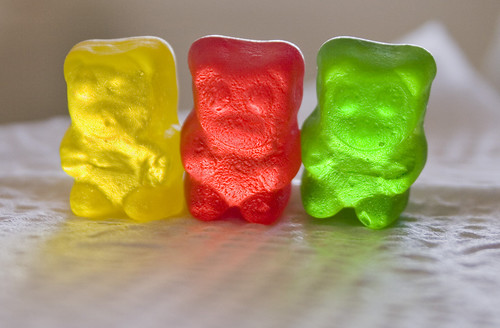Is Your Favourite Edible Even Legal?
The cannabis world is buzzing—and not in a good way. Edible extracts, those tiny but powerful doses of THC, have sparked a growing controversy across Canada. From mislabeling issues to regulatory grey zones, consumers are left wondering: Are these ultra-potent edibles safe, legal, and honestly labeled?
🍭 Whether it’s a 10mg gummy or a 1000mg capsule, the edible extract market is exploding with confusion.
➡️ Learn how edible extract rules vary province to province in Health Canada’s official cannabis guidelines.
Where the Controversy Starts
- ⚠️ High-dose products skirting edible limits by branding as “extracts”
- 🧾 Labels lacking proper dosage clarity or warning
- ❗ Consumers unknowingly consuming 10x legal edible limits
Many companies label THC-rich edibles as “extracts” to bypass the 10mg THC per edible rule. That means you could be biting into 200mg or more without realizing it.
Are Edible Extracts Dangerous or Just Misunderstood?
While experienced users enjoy the power of high-dose edibles, new or casual consumers risk overwhelming effects, panic, or worse.
What makes it worse? Inconsistent labeling, lack of proper Health Canada warnings, and confusion between extracts, edibles, and capsules.
➡️ Check out Leafly’s explanation of edible vs extract categories.
Retailers Under Fire—But Users Keep Buying
Despite the controversy, products like Vortex Caps (200mg THC), sublingual strips, and THC syrups are flying off shelves. Some are well-made and clearly labeled—others? Not so much.
And with the rise of $2 weed delivery in Windsor from trusted shops like Grassroots Cannabis, high-potency extracts are more accessible than ever.
How to Stay Safe While Using Edible Extracts
- ✅ Read the full label—not just the front
- 📉 Start with a low dose (5–10mg)
- 🕐 Wait 2 hours before re-dosing
- 💡 Stick to licensed producers with good reputations
Not all edible extracts are bad—but knowing what you’re consuming is everything!
SEO Title: The Edible Extracts Controversy – Are High-Dose THC Products Safe?
Want a follow-up on Health Canada compliance, how to market edibles legally, or safe THC dosing guides?
Ask ChatGPT
.
The Magic of Cannabis Edibles: Sweet Treats for Every Occasion-10mg
Banana Penis Soft Chew Edibles- 10mg-
StratCann | Canna News and more
Proposed regulations for additional cannabis products – Canada.ca

binance Registrēties
says:Thanks for sharing. I read many of your blog posts, cool, your blog is very good.
binance
says:Can you be more specific about the content of your article? After reading it, I still have some doubts. Hope you can help me.
Binance推荐代码
says:I don’t think the title of your article matches the content lol. Just kidding, mainly because I had some doubts after reading the article.
binance
says:Your point of view caught my eye and was very interesting. Thanks. I have a question for you.